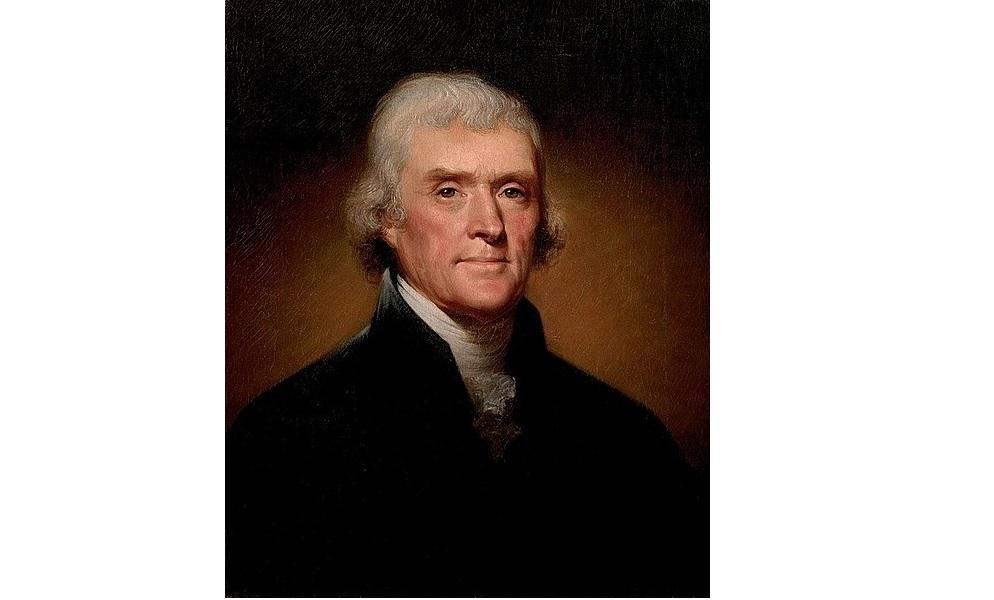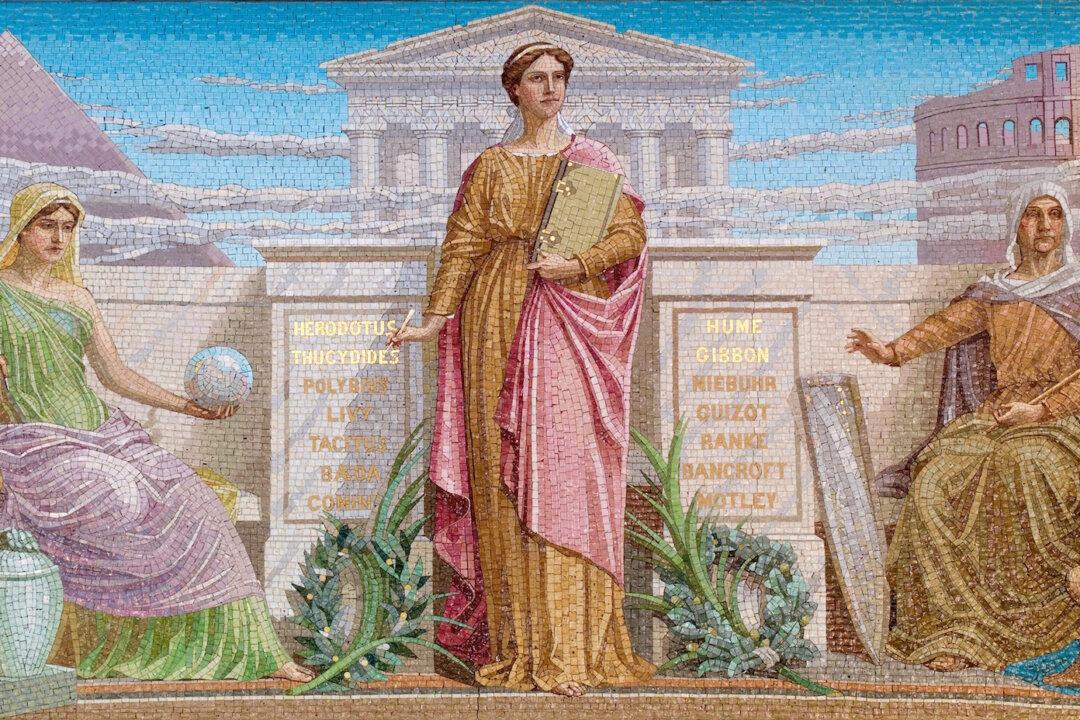Toward the end of his life, Thomas Jefferson wrote several letters of advice to young people, several of whom had been named after him by admiring parents.
One was a young man named Thomas Jefferson Smith, whose father had written the aged former president in the hope he’d offer his young son some life advice. His words were powerful:






